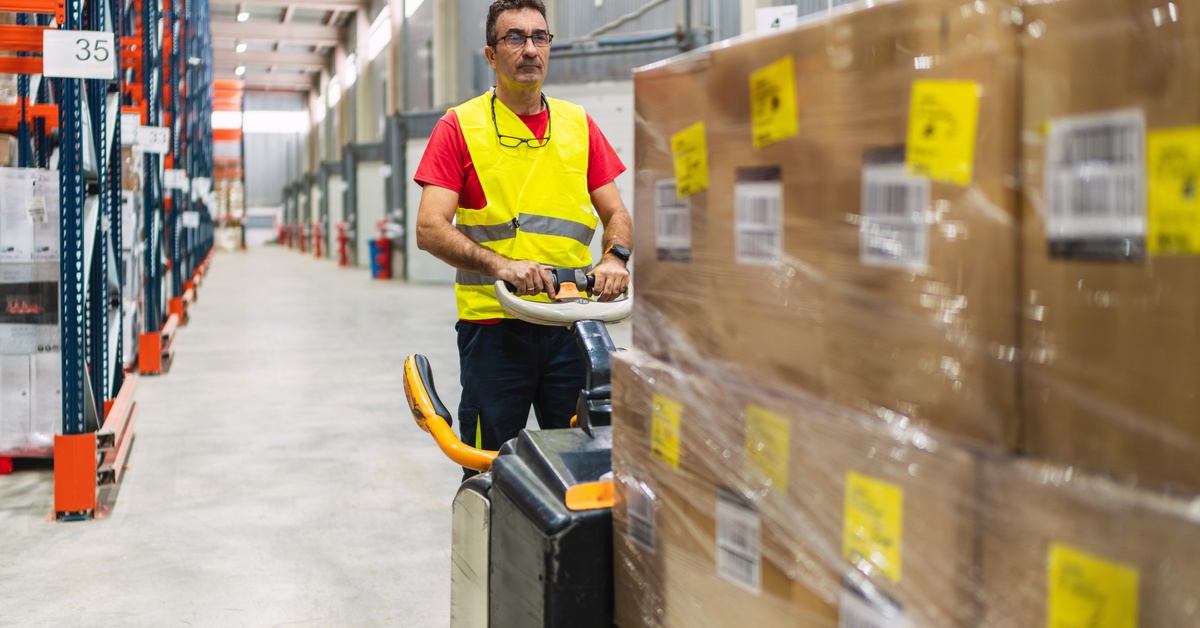Lean manufacturing focuses on maximizing value while minimizing waste and creating streamlined processes to enhance productivity and profitability. Pallets are simple tools in logistics and supply chains, yet they play a crucial role in achieving these goals. By driving efficiency, reducing costs, and supporting sustainability, pallets are essential to lean manufacturing. Here are four ways pallets contribute to lean manufacturing practices, enhance workflows, and add value to operations.
1. Optimizing Space Utilization
Pallets provide a standard, stackable base for goods, improving space utilization in warehouses and on transport vehicles. Their consistent dimensions make it possible to efficiently arrange inventory, prevent bottlenecks, and facilitate operations. Lean manufacturing focuses on eliminating waste in all forms, including space. By improving space utilization, pallets reduce excess storage needs and inefficient loading practices, lower operational costs, and increase productivity.
2. Enhancing Supply Chain Efficiency
Pallets streamline material handling by offering a consistent platform for transporting goods. Forklifts and pallet jacks can easily maneuver pallets, cutting down on manual labor and reducing delays. This supports lean manufacturing’s “just-in-time” principle by moving products smoothly through the supply chain, avoiding unnecessary delays or inventory buildup. Many companies choose used pallets for sale to boost efficiency, cut costs, and maintain high performance without compromising on quality.
3. Supporting Sustainability Goals
Sustainability is a core principle of lean manufacturing, and pallets play a significant role in achieving environmental objectives. Wooden pallets, in particular, are recyclable, and many organizations reuse them multiple times, contributing to a circular economy. Many businesses implement reverse logistics to collect used pallets for sale, refurbishing them to avoid waste. These practices align with lean principles while demonstrating corporate responsibility toward the environment.
4. Reducing Damage and Downtime
Damage to products or system downtime directly wastes resources and goes against the objectives of lean manufacturing. Pallets protect goods in transit and storage by providing sturdy support and reducing the likelihood of shifting or crushing products. This minimizes product loss and reduces operational disruptions, creating a smoother, more efficient production and transportation environment.
Transform Processes With Pallets
Pallets have evolved beyond basic tools to become vital components of operational efficiency. By optimizing space, enhancing supply chain efficiency, supporting sustainability, and reducing damage-related waste, pallets directly contribute to lean manufacturing. These four ways pallets contribute to lean manufacturing practices highlight their role in boosting productivity and profitability across industries.
If you’re looking to enhance your pallet solutions, First Alliance Logistics Management offers expert resources and services to streamline operations. Contact us today to discover how we can support your business in achieving efficiency and sustainability—whether you need new or used pallets for sale to meet your logistics needs.

